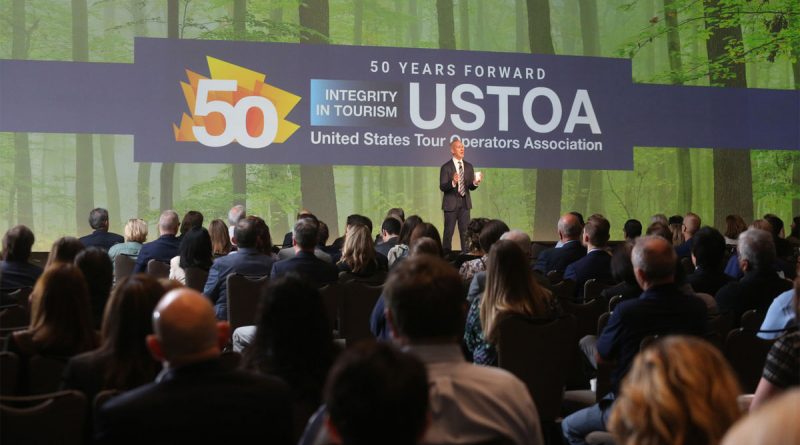At USTOA conference, lamenting staffing woes, seeking fixes
AUSTIN, Texas — Tour operators expect to continue feeling the impact of global and industrywide staffing shortages in 2023, as challenges in attracting and retaining new hires seem likely to persist.
But operators at the USTOA’s annual marketplace here also had a more positive outlook on the situation, as they are learning to adapt to staffing shortfalls and the needs of workers whose priorities have changed over the past three years.
Right now, there are more jobs than there are workers, tour operators said, and they are not alone: According to the U.S. Travel Association, for every 100 jobs that are open, only 48 unemployed people are actively looking for employment.
USTOA CEO Terry Dale said here that ongoing staffing issues have rippled through the travel industry, and while it’s affecting nearly every aspect of travel, that the industry is actively looking for viable solutions to the problem.
“There is not a single destination, a single CEO of a hotel chain, or a tour operator, or a cruise line out there not struggling. This is everywhere,” Dale said. “I think it’s forcing us as an entire tourism industry to consider, ‘how can we provide alternative work environments to attract staff?'”
Flexibility, especially when it comes to work schedules and location, appears to be a top priority for potential hires that suppliers are beginning to entertain, which is something the Travel Corporation recently tested.
“We rolled out a policy of being able to work from anywhere for two weeks within a year and had a resoundingly positive response,” said Madhvi Buch, global head of business solutions for the Travel Corporation and a USTOA executive committee member.
She said the policy saw a lot of interest from employees under 25. “I think it speaks to the point that people want to travel and that there is something to the trend of connecting business travel to leisure travel.”
Tour operators said part-time work schedules are another aspect of flexibility that potential hires across all age groups seem to want.
“I think what’s important to them is the ability and flexibility for free time whether they choose to travel on it or not,” said Jeff Roy, executive vice president of Collette, who added that new hires prioritize a positive company culture and do more research on the companies they’re considering working for. “Referrals are strong as a result of that.”
Easing Covid rules lifts one obstacle
The industry also hopes that many of the obstacles to filling open positions during the pandemic, which slowed down the recovery of quality service this past summer in places like airports and national parks, won’t be an issue this year, with so many Covid protocols, such as mask requirements, testing and quarantine, having fallen away.
Those protocols were among the barriers that Charlie Ball, executive vice president of land operations for Holland America Group, said contributed to the struggle this summer to find enough people for its large seasonal business in Alaska.
“We operated with a limited capacity,” he said. “The problem in a lot of these seasonal destinations is that you’ve lost that annuity of return [workers] because there were two years where there was no opportunity for them to come back and they found other things to do.”
Covid protocols not only impacted hiring efforts but made jobs for many hospitality worker “somewhat joyless,” as they had to wear masks at all times and deliver bad news to guests who tested positive for Covid.
“I went to our postseason meetings for the team, and that’s what they were saying — that this has been the most tiring year, not so much because they were short-staffed, but because they had all these other hoops to jump through and problems they’re not used to solving.”
Source: Read Full Article



